Social anxiety disorder, or the debilitating fear of rejection or humiliation, affects each individual differently.
👉 FREE Quiz: Do I Have Social Anxiety?
In fact, after working with hundreds of socially anxious folx, I’ve started to think of them as snowflakes — each individual experiences and expresses their anxiety a little differently.
For example, some socially anxious individuals blush and shake when interacting with their boss, yet feel at ease leading team meetings and facilitating company presentations.
Others freeze or have the urge to run when they contemplate approaching someone they find attractive, but feel confident and at ease relating to friends and coworkers.
And still others may feel a low-level tension and hypervigilance in any and all social settings.
One of the first steps in overcoming social anxiety is understanding how, when, and where your anxiety arises. This article can help you do just that.
I recommend recording your responses to the questions that follow in a journal, then discussing your findings with a social anxiety therapist or loved one,
Common Anxiety-Inducing Situations
The following is a list of situations wherein some people experience social anxiety. Where and when do you tend to feel anxious?
Asking someone out on a date
Talking to someone in authority
Initiating or maintaining conversations
Going to a party
Meeting new people
Expressing a personal opinion
Having friends over for dinner
Interviewing for a new job
Being assertive, e.g. saying “no”
Returning an item to a store
Paying at stores
Eating or drinking in front of others
Making eye contact
Sending food back in a restaurant
Speaking publicly, e.g. presentations or speaking in meetings
Playing sports or participating in exercise classes
Being watched while you work
Leaving a voicemail
Acting on stage
Reading out loud
Using public bathrooms with others in the room
Making a mistake in public, e.g. dropping your keys, tripping
Walking or jogging on a busy street or some other public place
Introducing yourself to a group of people
Shopping in a busy store
Asking for directions
Common Physical Symptoms
The following is a list of physical symptoms social anxiety. Which of these do you tend to experience when anxious?
Racing heart
Lump in the throat
Excessive sweating
Shaky voice
Chest pain
Nausea, diarrhea, or “butterflies” in the stomach
Hot flushes or chills
Blushing
Shortness of breath
Anxiety attacks
Feeling faint
Dry mouth
Numbness
Emotional detachment
Common Behaviors
The following is a list of behaviors typically displayed by those with social anxiety. Which of these do you tend to do when anxious?
Turning down invitations and making excuses to avoid social situations
Making an excuse not to have dinner with a friend
Never answering questions in class.
Arriving late or leaving early to avoid making small talk
Offering help with the dishes at a party in order to avoid talking with others
Making excuses to get off the phone
Texting and emailing in order to avoid making phone calls
Distracting yourself from your anxious thoughts
Filling out a check before arriving at a store in order to avoid having to write in front of others
Having a room dark during your presentation so the audience focuses on your PowerPoint rather than on you
Avoiding eye contact and talking very quietly during conversations
Wearing makeup and clothing like turtlenecks or scarves to cover up blushing
Having a couple glasses of wine before meeting a friend or going on a date
Arriving early for meetings to avoid entering after everyone else is seated
Leaving social situations
Using phones or other devices to avoid being in conversations
Apologizing excessively
Common Thoughts
The following is a list of thoughts typical to those with social anxiety. Which of these do you tend to think when anxious?
It's essential that everyone likes me
If someone doesn’t like me, it means I’m unlikeable
If someone rejects me, I deserve it
People should always be interested in what I’m saying
People should never have a disapproving or bored look on their faces when I’m talking
People should never talk about me behind my back
If I make a mistake at work, I'll be fired
People will be angry with me if I make a mistake
I'll make a fool of myself if I give a presentation
People can tell when I'm nervous
I should be able to hide my anxiety symptoms
People find me unattractive, boring, stupid, lazy, incompetent, weird, etc.
Anxiety is a sign of weakness
People are untrustworthy, judgmental, and nasty
It’s awful to blush, shake, or seat in front of others
If my hands shake at work, it will be a disaster
I should not appear anxious in front of others
I won’t be able to speak if I’m too anxious
If you’d like expert help overcoming social anxiety, the Social Anxiety Support Center is here to help! Apply for a 30-minute free consultation now. Our Care Coordinator will speak with you at length about your social anxiety struggles, make actionable recommendations, and get you scheduled with your best-fit therapist.






